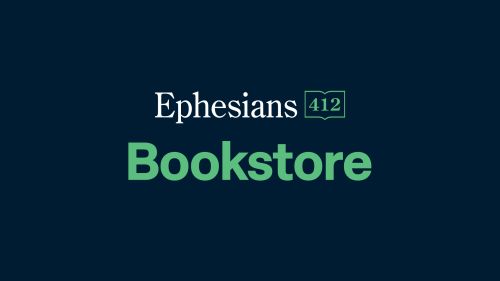"Further up and further in." Is a quote from the Chronicles of Narnia, and it will likely mean very little to you unless you have read the final book in that series, The Last Battle. In the closing chapters the characters arrive at what we would call heaven, and are finding everything is not as it appears. No matter where they look or what they explore the depth and beauty of that place grows beyond comprehension and is without end. There is an eternity of places to see and things to experience. C.S. Lewis uses this to illustrate what it is like to follow Jesus, and of what it will be like to pursue him for eternity. Heaven will be glorious and we should look forward to that day with anticipation, but we cannot neglect the words of our Lord when he said, "I came that they may have life and have it abundantly," (John 10:10b). Jesus did come to offer an eternity of communion with him, and he also came that we might experience true freedom in him on Earth as well.
Since my walk as a Christian began I understood that Christ offered forgiveness of sin and in many ways this is where the message of the Gospel ended for me. My sins were pardoned, but my identity was tied to an idea of becoming a good person. However, no matter the success I had in any area of life, it was never satisfying. Eventually, I found myself with loads of insecurities and low self-esteem because I could never measure up to even my own standards. I thought the solution to my worries must be to focus on my good attributes and to take pride in who I was in order to get higher self-esteem. What I actually did was leave so much of the good news out of the Gospel.
Then I listened to a sermon from Tim Keller on 1 Corinthians 4:3-4 which opened my eyes to a new depth of the Gospel that I had never known. In this passage Paul says, "I care very little if I am judged by you or by any human court; indeed, I do not even judge myself. My conscience is clear, but that does not make me innocent. It is the Lord who judges me." Now here is how this changed me so profoundly. I came to realize that we are woefully ill equipped to handle life with either high or low self-esteem. What we really need is freedom from self-esteem, and here is where the Gospel of Jesus comes to free us from ourselves.
God pardoned our sin because Christ paid our debt. He also delights in us because he sees the good works of Christ when he looks at us (Romans 4:22-25). This means that we are not only free from the burden of our sin, but also from the need to prove ourselves worthy, and all of this is because of the cross. Any area of life, whether it is my success or failure at work, my perfection or shortcomings as a wife, my popularity or even lack of friends. None of that matters. Christ's work on the cross is complete outside of my performance. And that is what makes me free to serve God with pure joy and out of the thrill of serving the one who made it all possible.
Peter warns us of the danger in pursuing the false freedom promised by the world, "For whatever overcomes a person, to that he is enslaved," (2 Peter 2:19). I had become enslaved to the notion that Jesus saved my eternity, but that I needed to find abundant life through my own pursuits. I am now beginning to understand the depth of Jesus's words, "So if the Son sets you free, you will be free indeed," (John 8:36) I also marvel at the words of Paul, "It is for freedom that Christ has set us free. Stand firm, then, and do not let yourselves be burdened again by a yoke of slavery." I look forward with eager anticipation to discovering anew the depth of this great God for eternity. "Further up and further in."




